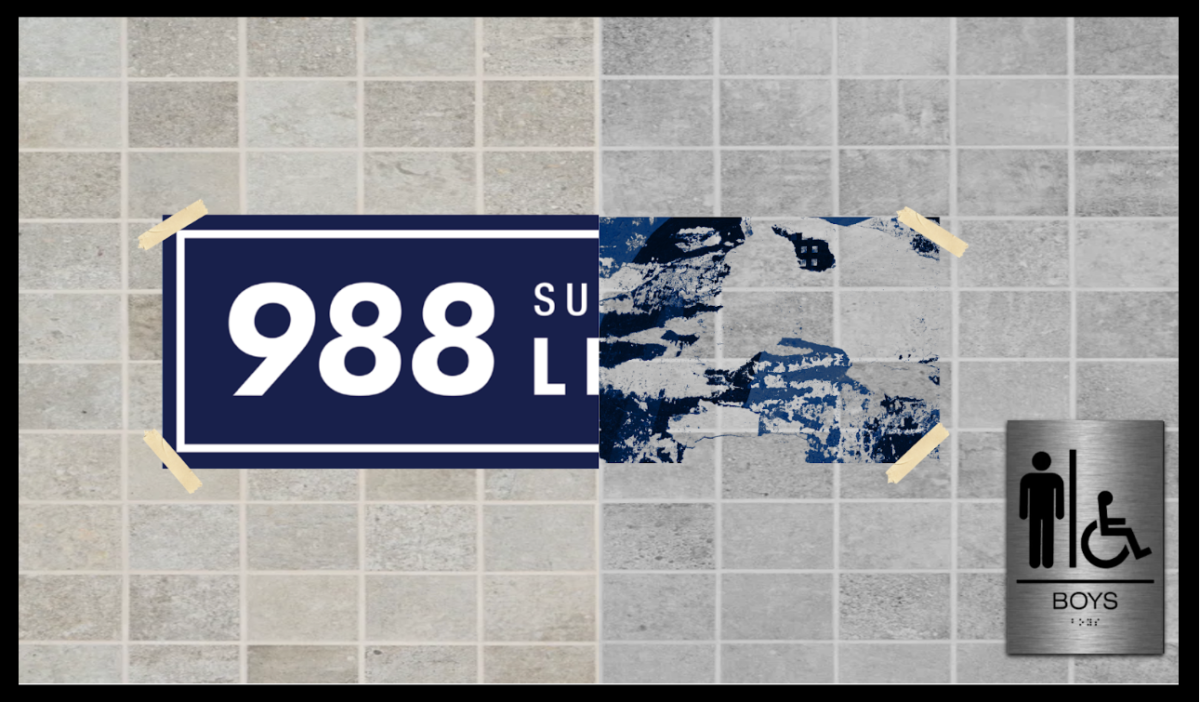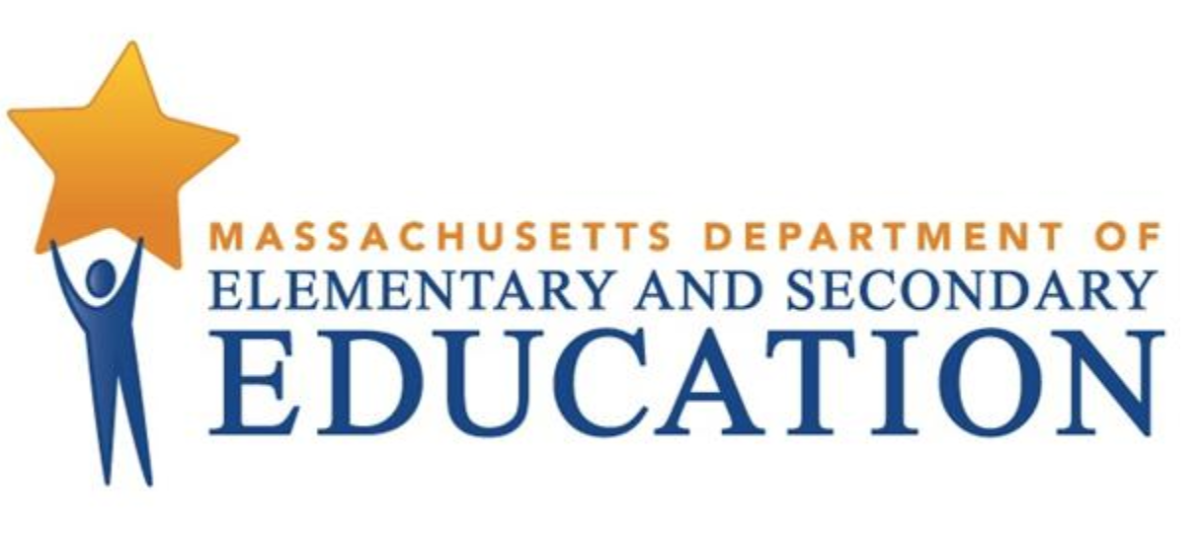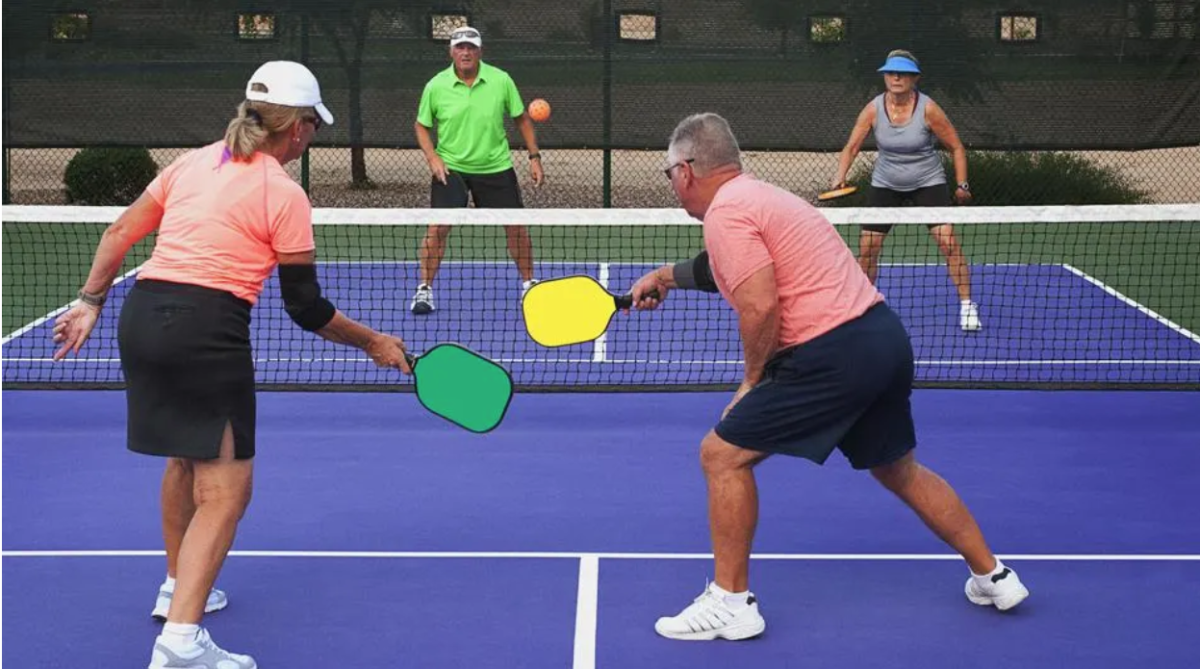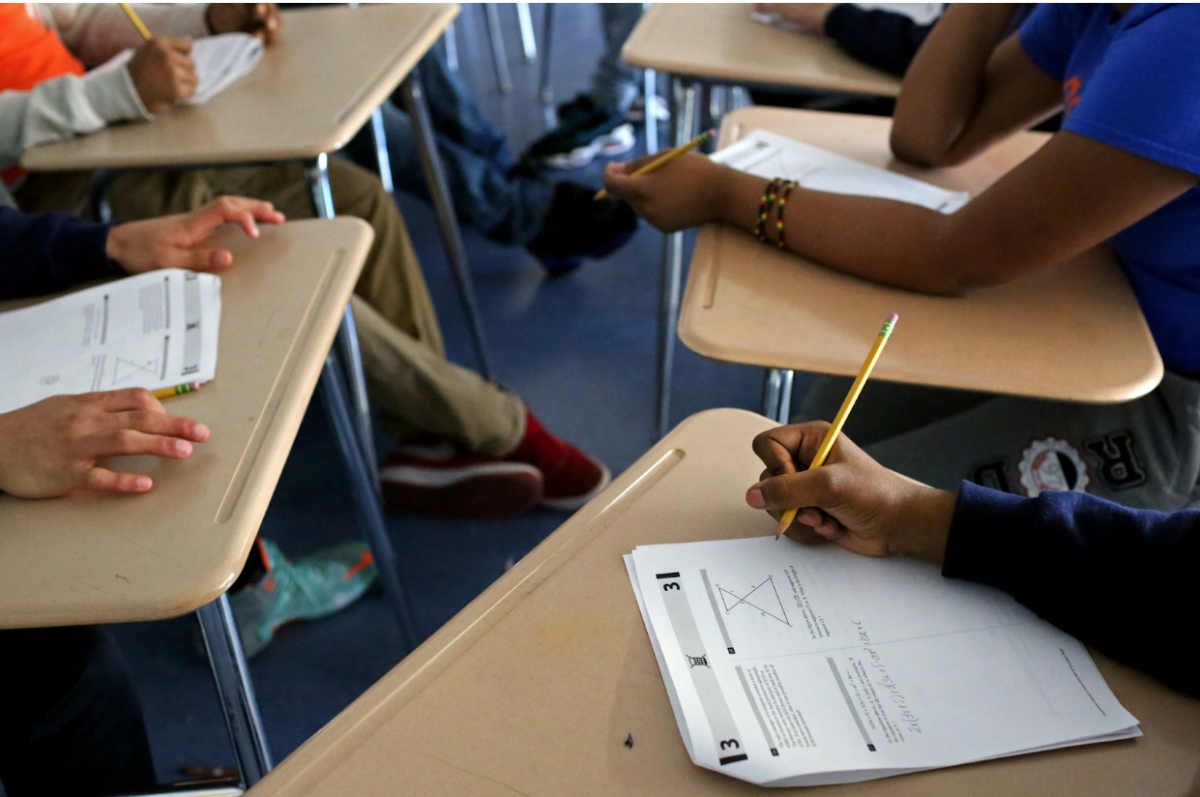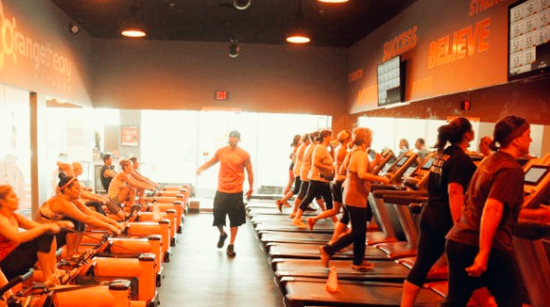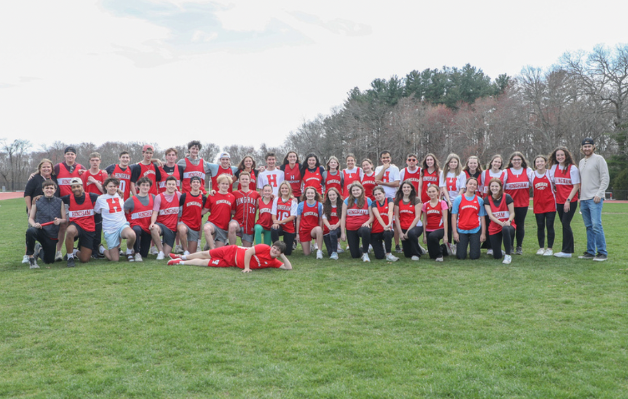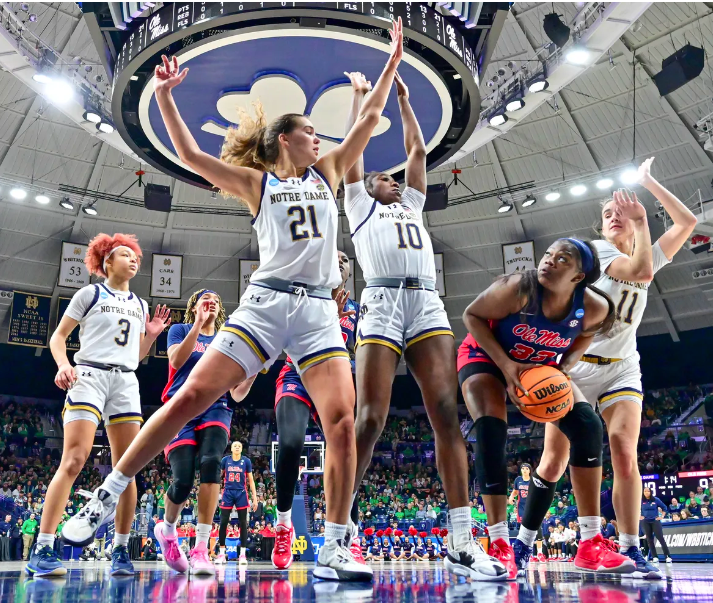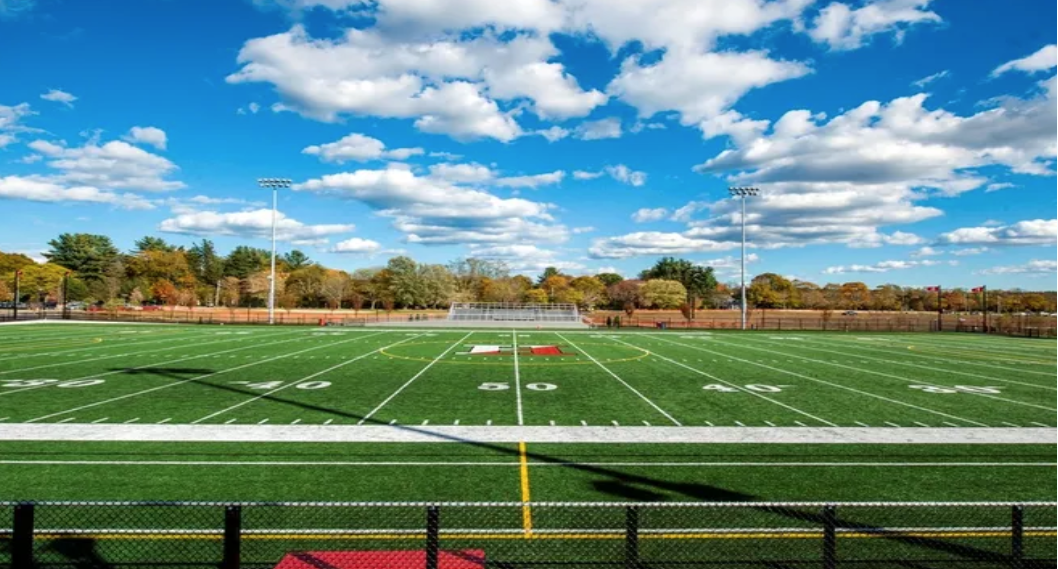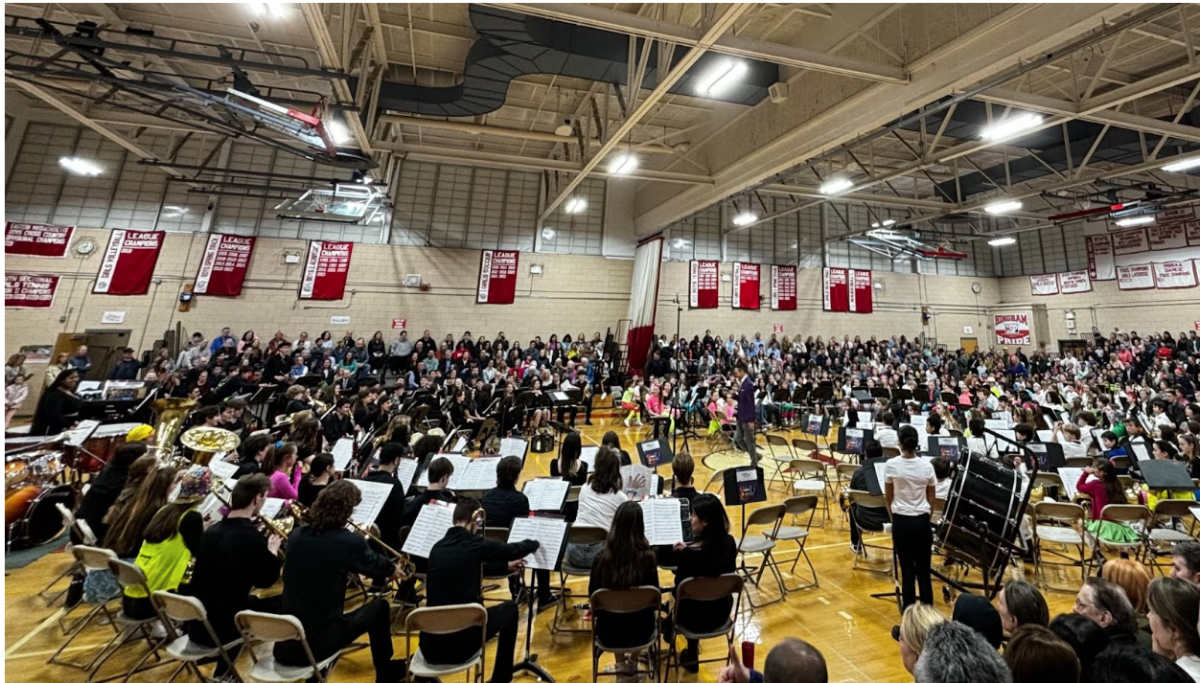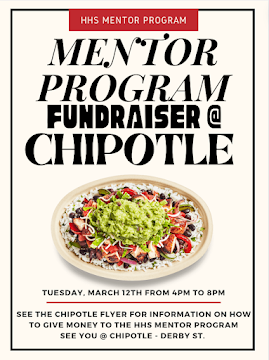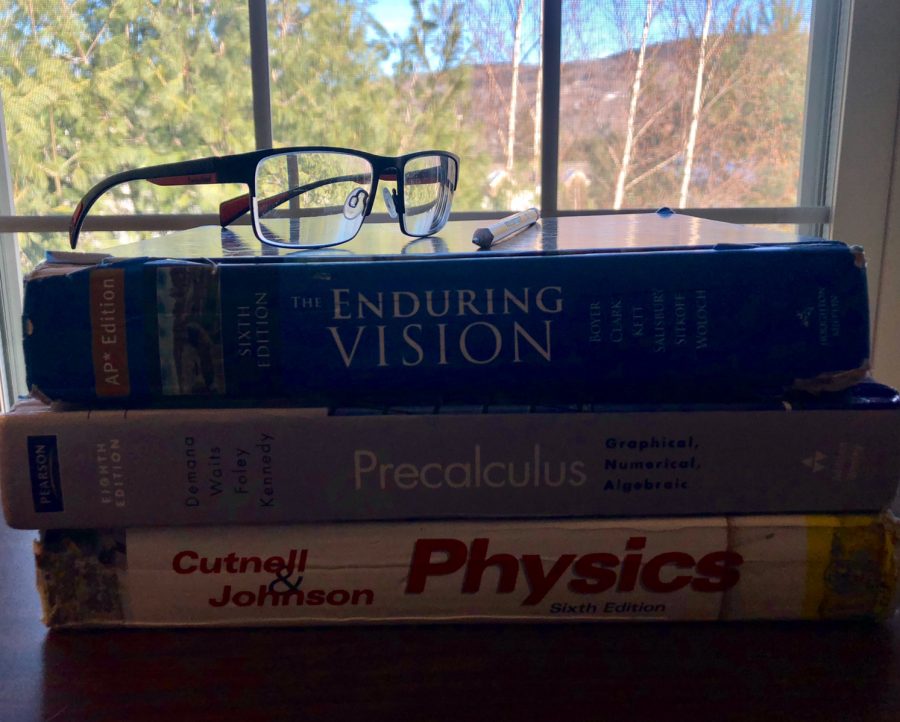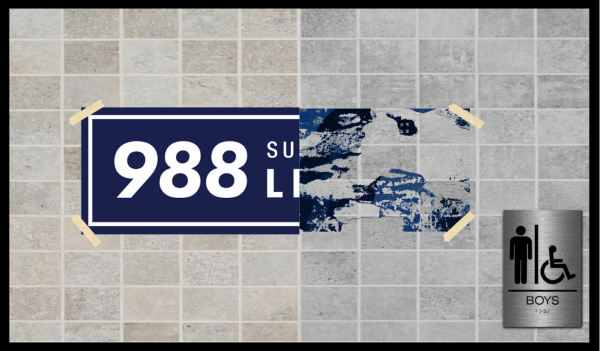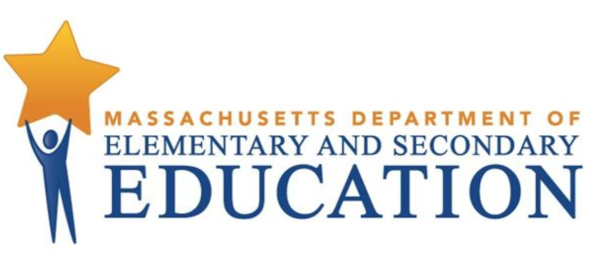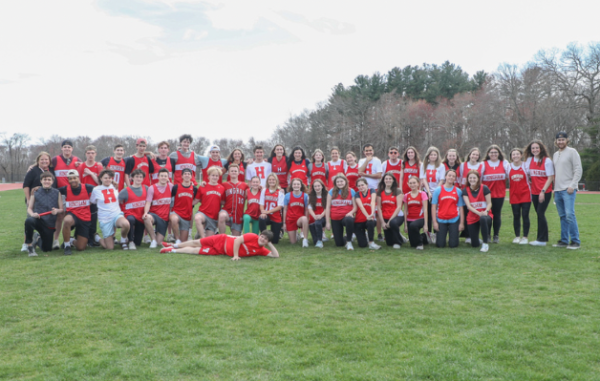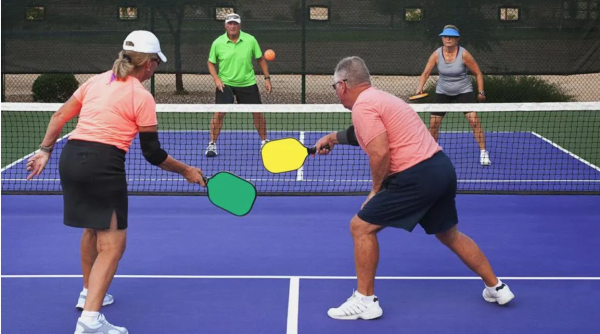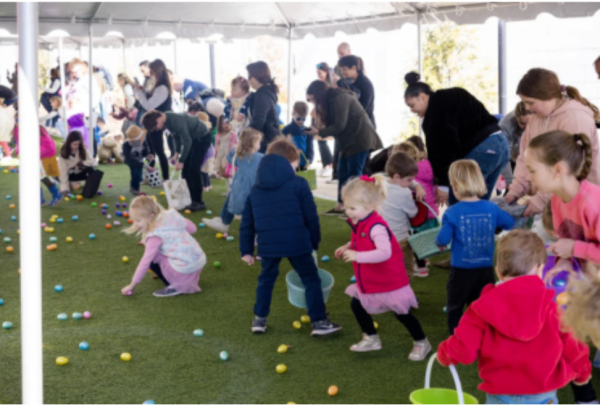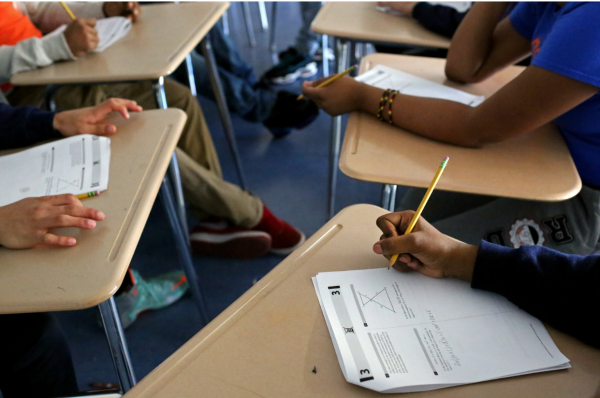How to Ace Your Midyears, According to Science
For most students, studying involves pouring over textbooks.
January 14, 2018
Every January, the HHS student body faces the tornado of stress that is midyear exams. These cumulative exams compose 10% of students’ final grade, so naturally, it is beneficial to ace them. But what, exactly, is the best way to do that?
Speaking about her preparation in previous years, Junior Vivian McIsaac explained, “I just kind of looked over my notes. I take pretty comprehensive notes, I think.”
Junior Patrick Whamond agreed, adding that he occasionally collaborates with other students to make study guides. “It’s a good time,” he remarked. As for time spent on studying, Whamond said he studies for about 30 minutes a day in the two weeks before exams. “It never feels like enough, I’ll tell ya!” He joked.
McIsaac, meanwhile, says she spends at least 6 hours studying the night before each exam; “I would not recommend it. Don’t do what I do.” She warned.
Senior Andre Lavoie took a different approach. “I study a lot the weekend before exams, but I focus more on getting enough sleep. I take breaks to clear my head and try not to stress too much.” He explained.
The variation of studying habits among the HHS student body is in part the work of the teachers, who generally present a variation of suggested studying habits. Andre Lavoie claims his habits have evolved over the years “…because each teacher has a new method that I like to try out.”
Some teachers, like Mrs. Bruno, who teaches Freshman English and AP English Language, give study guides with which students can test themselves. AP teachers tend to supply only a list of topics to study; others, like AP Spanish Lang teacher Sr. Griffin, advocate for a low-stress approach, with students practicing fundamental skills to the course but placing trust in their own abilities. Mr. Woolley, who teaches AP World History as well as Economics, advocates for an involved “compounding” method, in which students spend a few minutes every week reviewing notes from the previous weeks of school. This way, by the time the exam arrives, the students have a solid grasp of the entirety of the course material.
But what does science say about the best way to study? According to a study published in Science magazine by Jeffrey D. Karpicke and Jannell R. Blunt, retrieval practice- a technique in which students quiz themselves or otherwise force their brains to remember specific information- is the most effective way to study.
Karpicke and Blunt’s research suggests that, rather than pouring over notes the night before an exam, students should complete practice tests or simply practice explaining key concepts out loud; for example, Junior Jack Collins studied last year for his AP World History exam by choosing a random time period and geographical region and detailed aloud the key concepts of the region at the time.
The retrieval method forces your brain to practice retrieving key information, and is more effective than simply staring at notes. But other factors can contribute to effectiveness of studying.
According to the Harvard School of Sleep at Harvard Medical School, sufficient sleep- 8 to 10 hours a night, for high schoolers- is essential to being able to recall and absorb information. The Wall Street Journal also advocates for a balanced diet of fruits, vegetables, protein, and carbohydrates while preparing for a test.
While most high schoolers would probably laugh at the idea of taking practice tests, balk at the possibility of 8 or more hours of sleep, and find a balanced diet unrealistic, these are the scientifically backed methods to achieving a high grade on the midyear exams. Practicing these healthy habits requires time management and focus, but they will almost certainly pay off.

